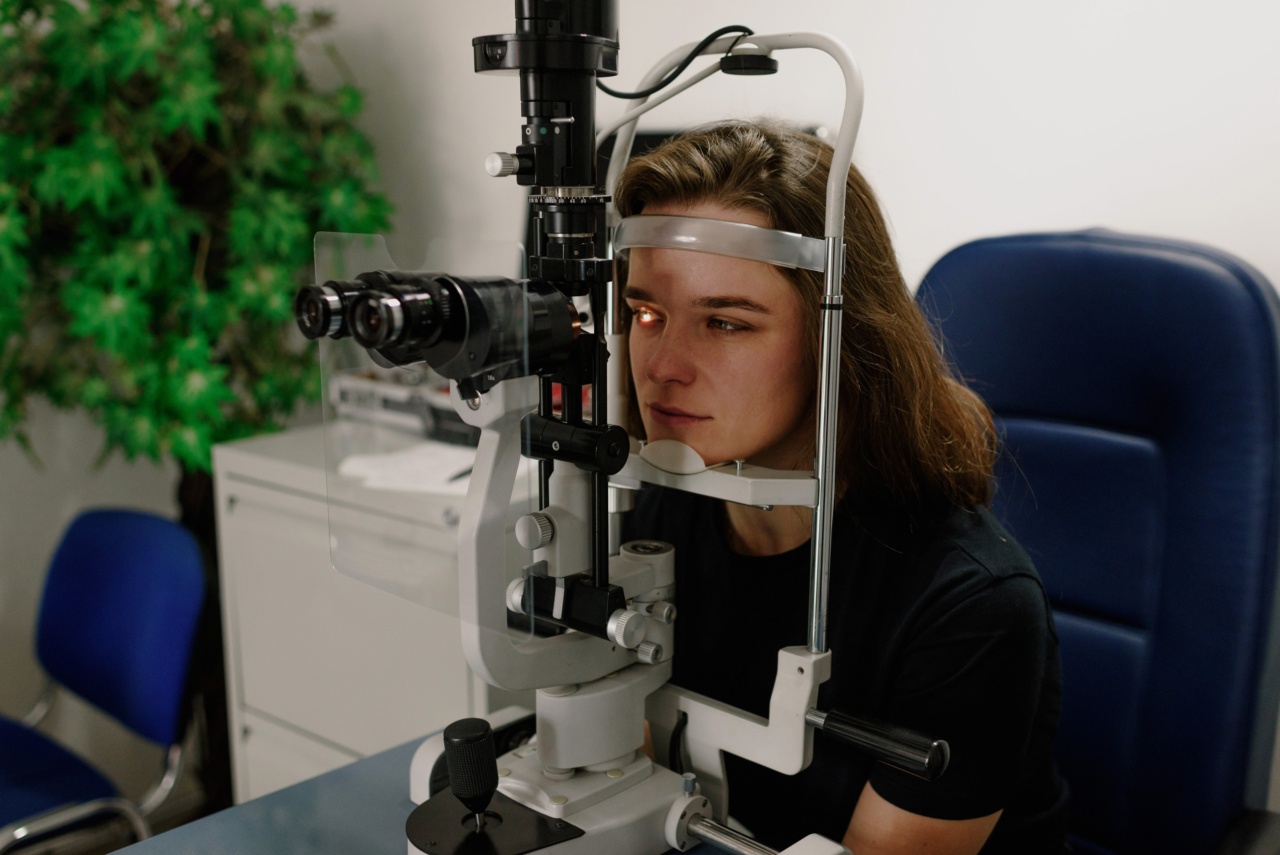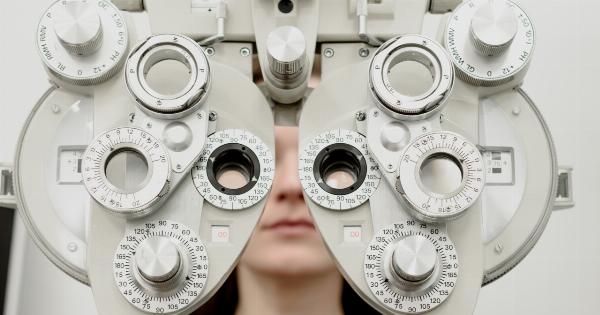Medical center visits and exams are an essential part of maintaining good health.
These visits typically involve meeting with healthcare professionals who evaluate your overall health, diagnose any potential medical conditions, and provide necessary treatment or preventive care.
The Importance of Regular Medical Center Visits
Regular medical center visits play a crucial role in preventing, diagnosing, and treating various health issues. Here are a few reasons why these visits are important:.
- Prevention: Regular medical center visits allow healthcare professionals to identify potential health risks early on and implement preventive measures. This can help prevent the development or progression of serious conditions.
- Early Detection: Many health conditions are more treatable when detected early. Routine exams and screenings conducted during medical center visits can help identify any signs of potential illness at an early stage.
- Monitoring Chronic Conditions: If you have a chronic health condition, regular medical center visits are crucial for monitoring and managing your condition. Healthcare professionals will monitor your health, adjust treatment plans if necessary, and provide guidance on lifestyle changes.
- Health Education: Medical center visits provide an opportunity to learn more about your health, receive valuable health education materials, and get answers to any health-related questions you may have.
Types of Medical Center Visits and Exams
There are various types of medical center visits and exams that individuals may need depending on their age, gender, and overall health. Some common types include:.
1. Annual Wellness Exams
Annual wellness exams are comprehensive check-ups designed to assess overall health, identify potential risk factors, and update preventive care measures such as vaccinations and screenings.
2. Preventive Screenings
Preventive screenings involve tests and exams aimed at detecting potential health issues before they cause symptoms. Examples include blood pressure checks, cholesterol screenings, mammograms, colonoscopies, and Pap smears.
3. General Health Exams and Consultations
General health exams are common routine visits for individuals experiencing minor health concerns or those seeking general medical advice.
These visits often involve consultations with healthcare providers who offer advice, prescribe medications if necessary, and refer patients to specialists if needed.
4. Specialized Health Exams
Specialized exams are focused visits to healthcare professionals who specialize in specific areas of medicine. These may include visits to cardiologists, dermatologists, gynecologists, urologists, or orthopedic specialists.
Insurance Coverage for Medical Center Visits and Exams
Understanding your health insurance coverage is essential to ensure that your medical center visits and exams are accessible and affordable. Here are some key points to consider:.
1. Health Insurance Plans
Make sure you have health insurance coverage and know the details of your plan. Different insurance plans may have varying levels of coverage and requirements.
Common types of health insurance include employer-sponsored plans, individual plans, and government programs like Medicare and Medicaid.
2. Network Providers
Check if the medical center you plan to visit is within your insurance provider’s network. In-network providers have negotiated agreements with insurance companies, which often leads to reduced costs for patients.
Going out-of-network may result in higher out-of-pocket expenses.
3. Covered Services
Familiarize yourself with the specific services covered by your insurance plan. Preventive care services are typically covered at no additional cost, but coverage for other services may vary.
Confirm whether routine exams, screenings, and consultations are covered, and if any deductibles, copayments, or coinsurance apply.
4. Prior Authorization
Ask your insurance provider if any procedures or visits require prior authorization. Certain specialized exams or treatments may require approval from your insurance company before they are covered.
5. Billing and Claims
Understand the billing and claims process for your health insurance plan. Inquire about any necessary forms or documentation, and keep track of your medical center visits and expenses.
It’s essential to review your medical bills for accuracy and follow up if you have any questions or concerns.
Conclusion
Regular medical center visits and exams are an integral part of maintaining good health. They help prevent, detect, and manage health conditions, provide important health education, and ensure early treatment when necessary.
Understanding your health insurance coverage is crucial for accessing and affording these visits and exams. By being knowledgeable about your insurance plan, network providers, covered services, and billing processes, you can make the most of your medical center visits and exams.

























